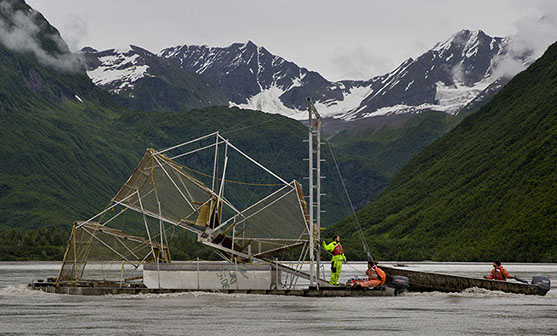.jpg?crc=4259299318)

The answer lives in science and memory. As we searched for a place to consider complex stories about climate and environment, Cordova offered an isolated community dedicated to fishing. But with a cottage industry built on science and inquiry, the town offers complexities of its own: a rich history of indigenous people, the growth and decline of canneries, the realities of a massive earthquake in the Copper River Delta and a devastating oil spill in Prince William Sound.

Alaska’s brown bears – Family Ursidae -- are the charismatic megafauna that everyone wants to see…from a distance. Photographing them means a trip to isolated streams, a long lens, and good serving of respect for their power. In terms of climate change, brown bears are affected by shorter, milder winters which disrupt hibernation and mating, as well changes to salmon runs and other food sources. As part of a rich ecosystem, bears offer stories of their own, as Julianne Parker shows us.

Change is not necessarily an easily identified visual phenomenon. Yet visual indicators abound with close observation. Prince William Sound Science Center scientist Rob Campbell explains his research on plankton. Our visual journalists show the beauty of sockeye changing at the end of their journey.
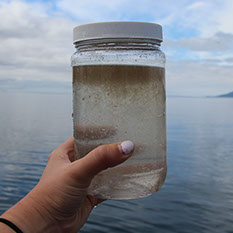
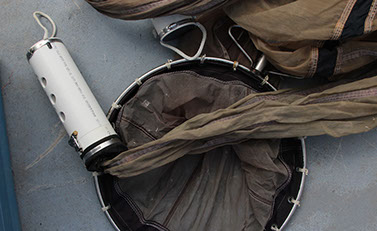

Multimedia journalists Julia Reihs and Zolboo LiLi Bayarmagnai spent much of the 2014 expedition following Notre Dame University researcher Carmella Vizza as she studied pond ecosystems on the Copper River Delta. She gathers information annually about how the ponds transform in the face of climate changes on the Delta. In six lessons, the stories of pond ecosystems show the life of a researcher.
.jpg?crc=3896716206)
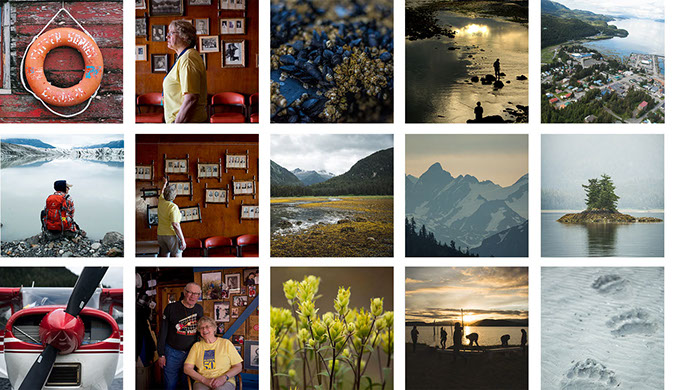

The stories of people and community maintain life as we know it. In Cordova, the mix of traditional knowledge, local knowledge, historical account, science fact and research all play significant roles in understanding the feel of the place. Here, our teams tell the stories of people who live with and of the land.
cropped.jpg?crc=4272160086)


The Dusky Canada Goose is a metaphor for Science & Memory. The dusky breeds only in the Copper River Delta area around Cordova, and winters primarily in the Willamette Valley near Eugene and the lower Columbia River Valley. Here, Julia Reihs and LiLi Bayarmagnai tell the story of research done to understand the dusky life and migration. A year later, Ben McBee told the story from a hunter in the Willamette Valley perspective.

Multimedia journalist Adrian Garcia followed a pair of fisherman on their journey to begin the fishing life.
cropped.jpg?crc=3957571968)



Alaska’s brown bears – Family Ursidae -- are the charismatic megafauna that everyone wants to see…from a distance. Photographing them means a trip to isolated streams, a long lens, and good serving of respect for their power. In terms of climate change, brown bears are affected by shorter, milder winters which disrupt hibernation and mating, as well changes to salmon runs and other food sources. As part of a rich ecosystem, bears offer stories of their own, as Julianne Parker shows us.

.jpg?crc=4091400879)
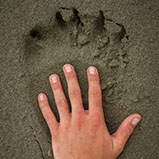
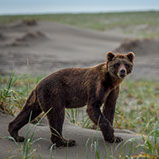
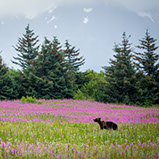
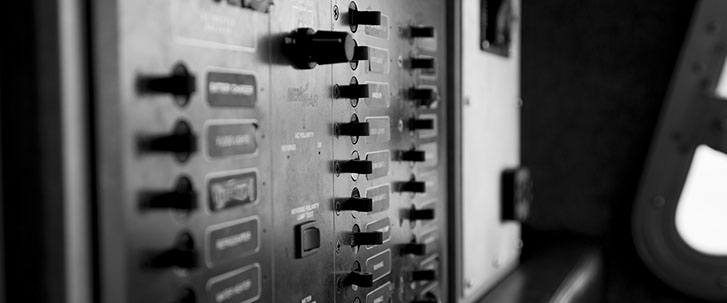
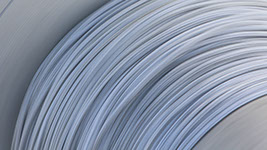
.jpg?crc=493892684)


cropped.jpg?crc=1635076)
.jpg?crc=172830507)

